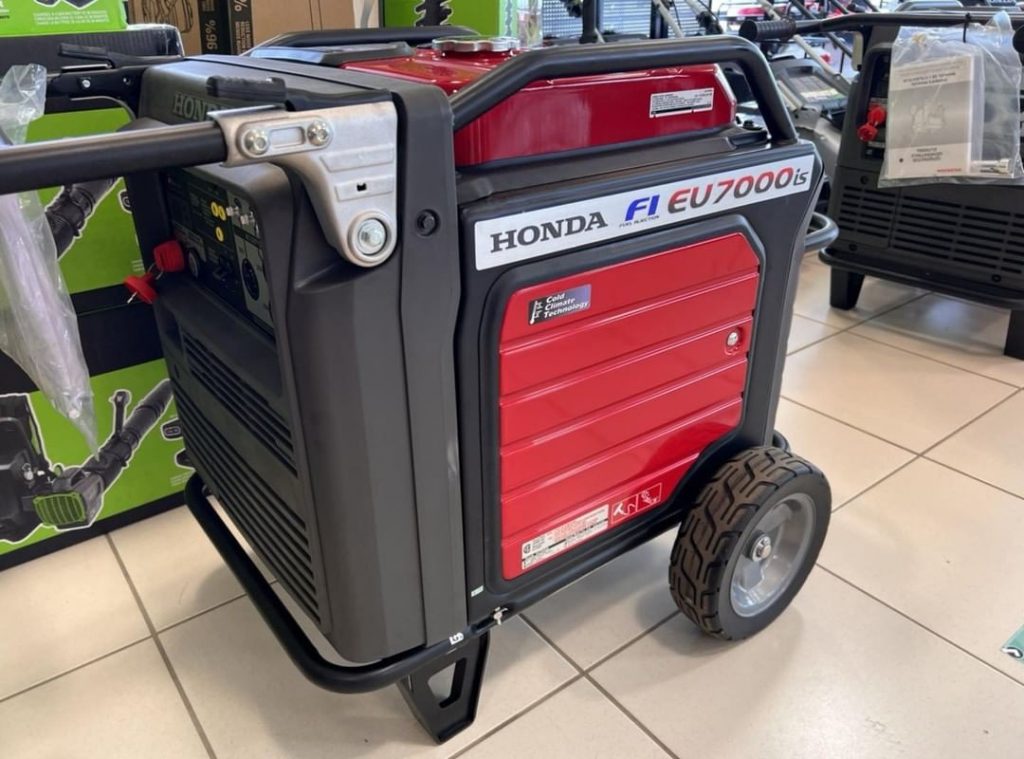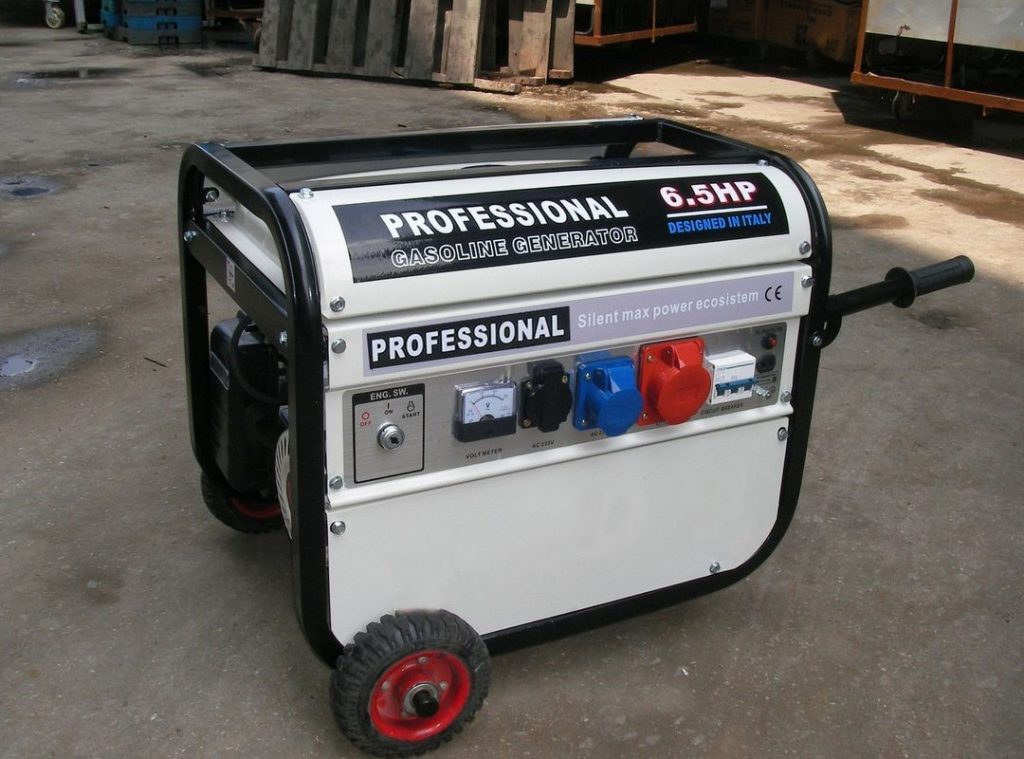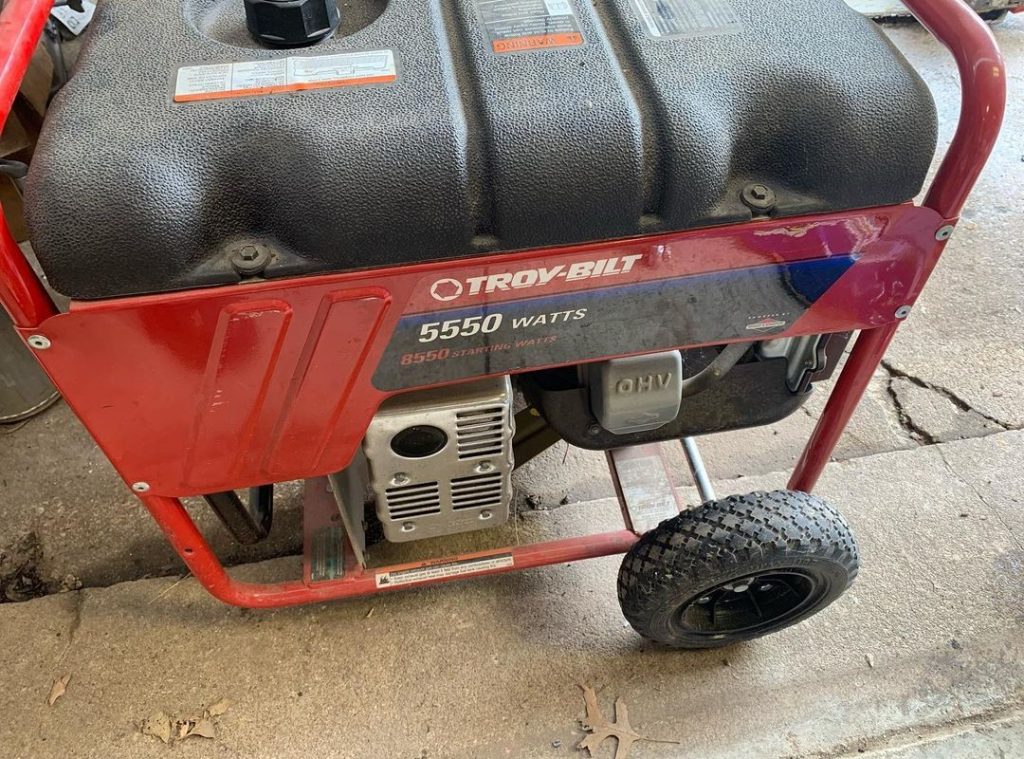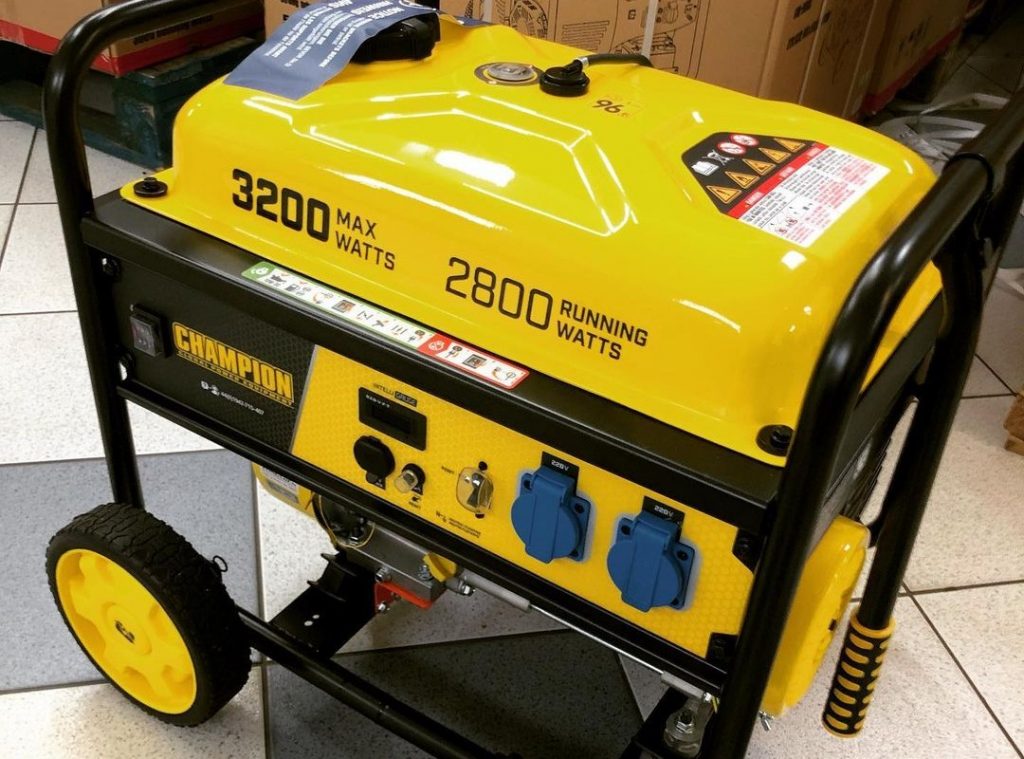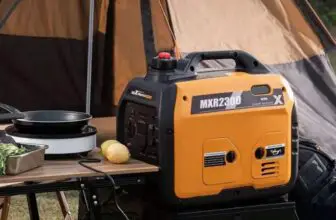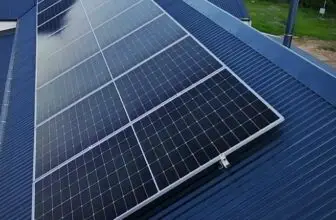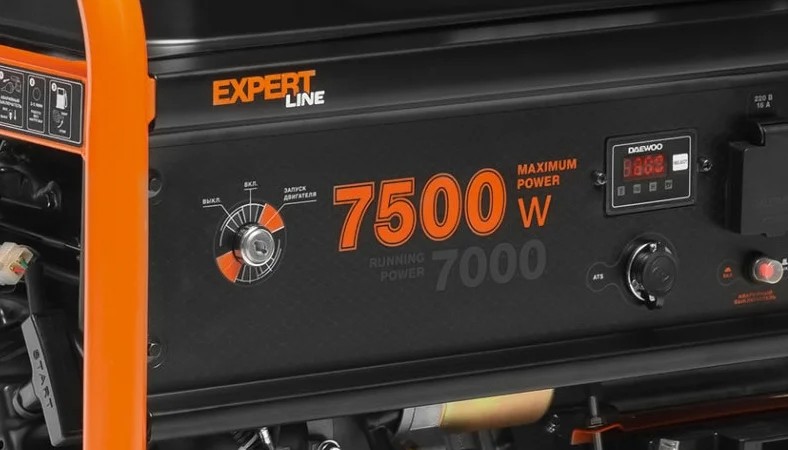
Recently, cases of power outages have become more frequent. Therefore, more and more people are looking for electric generators. But what kind of generator is needed? Will a 7,500-watt generator do the trick, or do I need a more powerful one? We will try to answer these questions in this article.
Generator Reviews
Contents
You’re probably wondering what a 7500-watt generator can do. 7500-watt generators are some of the most common and popular generators on the market. They can power a lot of electrical devices.
The 7500-watt generators can get you through most power outage scenarios and natural disasters like an earthquake or hurricanes. When you lose power, you want more power from your generator. That being said, it might not always be easy to get the amount of fuel you need or want in those situations.
People only worry about whether a 7,500-watt generator can give power to their whole house. In addition, other questions are often asked: Will it be able to power the entire van or site with an adjacent building during a power outage? In this article, we will try to answer all these questions.
What Are Generators For?
Generators are useful devices that supply electrical power during a power outage and prevent the disruption of normal human activities that occur due to a lack of power. Generators have various electrical and physical configurations for the use that you need. Below we will look at exactly how generator functions, its main components, and how an electric generator acts as a secondary source of electricity when used in homes or industrial plants.
Precautions
Safety precautions when working with the generator require working in dry, preferably cotton clothing. The hair must be covered with a headdress that does not restrict visibility. Clothing must be completely buttoned up.
Protect your hands with dielectric gloves (rubber gloves). Do not allow fuel or other generator fluids to come in contact with your skin for extended periods of time.
If liquids come into contact with your skin, flush the spot with water, if gasoline or oil comes into contact with your clothes, wash them thoroughly. All work must be carried out in a well-ventilated room with good ventilation or outdoors.
The electrical generator emits toxic carbon monoxide during operation. Engine parts become very hot. Do not touch a running electrical generator! It can cause severe burns.
Heat is also hazardous for flammable materials, liquids and gases – keep the generator away from these. Do not keep a supply of gasoline near the generator.
How did Generator work?
A generator is a machine that produces electricity from mechanical energy. The most common type of generator is an internal combustion engine. Generators are used in a variety of applications, including powering electrical grids and providing backup power for homes and businesses.
Most generators work by using a fuel source, such as gasoline, diesel, or natural gas, to power an engine. The engine turns a shaft, which in turn rotates a series of magnets inside a coil of wire. This rotating magnetic field produces an electric current in the wire, which is then fed into an electrical grid or used to power equipment.
Generators can be used to produce a variety of voltages, depending on their application. For example, large industrial generators may produce voltages in the range of 10,000 volts or more, while smaller generators used for powering homes and businesses typically produce voltages in the range of 120 to 240 volts.
In this article we do not consider what will a 7500-watt generator run, the type of fuel is a separate topic for another article.
Pros and Cons of Generators
When the power goes out, or you need to power up a construction site, a generator can be a lifesaver. But like all tools, generators have their pros and cons. Here are some things to consider before you buy a generator.
PROS
- A generator can provide power when the grid is down, or in an area where there is no access to the grid;
- A generator can be used to power up construction sites or other temporary applications;
- A generator can be a backup power source in case of an emergency.
CONS
- A generator can be expensive to purchase and operate;
- A generator can be loud, making it difficult to use in some situations;
- A generator can produce harmful emissions, so it is important to use one that is properly ventilated.
How Much Can a 7500 Watt Generator Run
What Are Starting And Running Watts?
Starting watts are the extra watts needed to start up an appliance. Running watts are the watts needed to keep an appliance running.
Starting watts are the amount of power needed to start up a motor. Running watts are the amount of power needed to keep a motor running.
The difference between starting watts and running watts is important to understand when sizing a generator for your needs. For example, a small air conditioner might have a starting wattage of 1,000 watts but only use 500 watts once it is running. A generator that provides 2,000 watts of power could start the air conditioner and then provide enough power to keep it running.
Some appliances, like microwaves and coffee makers, use more power when they are first turned on because they have heating elements that need to come up to temperature. These appliances would need more starting watts than running watts.
To size, a generator for your needs first determines the wattage of the appliances you want to run. Add up the starting watts of all the appliances you want to run at the same time. This is the minimum amount of power you will need. Choose a generator that provides at least that much power.
For example, if you want to run a small air conditioner and a coffee maker at the same time, you would need 1,000 + 500 = 1,500 watts of power. A generator providing 2,000 watts would be sufficient.
What You Can Run With a 7500-Watt Portable Generator?
A 7500-watt generator can power a wide range of appliances and tools. Here is a look at what you can run with a 7500-watt generator.
Appliances
With a 7500-watt generator, you can power the most common household appliances. This includes your refrigerator, freezer, washer, and dryer. You can also run your air conditioner, though you may have to sacrifice some other appliances if you do.
Tools
A 7500-watt generator can also power the most common tools. This includes your drill, impact wrench, and saw. You can also run your air compressor and other heavy-duty tools.
Lights
A 7500-watt generator can power several lights. This includes your overhead lights, as well as your floodlights and work lights.
Computers
You can also run computers with a 7500-watt generator. This includes your desktop computer, as well as your laptop. You may have to sacrifice some other appliances if you run a computer.
With a 7500-watt generator, you can power the most common appliances and tools. This includes your refrigerator, freezer, washer, dryer, air conditioner, and computers. You can also run your drill, impact wrench, saw, and air compress.
List of electrical appliances and their approximate power consumption:
- Heater 1500W;
- Microwave oven 1500W;
- Coffee maker 1200W;
- Washing machine 4000W;
- Electric kettle 2500W;
- Vacuum cleaner 1100W;
- PC 400W;
- TV set 250W.
Result Calculating the Necessary Generator Power
It is necessary to accurately calculate the list of all electrical appliances in the house and based on this data calculate the necessary power of your generator.
With the right calculation, you will have all the appliances you need working and a power outage will go virtually unnoticed.
Recommendations
Inventory of electrical appliances and further calculations should be carried out with planning for the future.
Suppose you plan to buy an electric car in the future, or you have a growing child who in a few years will actively use new electrical appliances.
All this should be taken into account so that even years from now you do not need to buy a more powerful generator because the old one is no longer enough.
I recommend that you calculate the power of all your appliances with a reserve, as it may be necessary to connect a device for which the calculation was not carried out. Always try to make a reservation.
In the user manuals of various appliances, sometimes two values are written under power consumption: start/peak and normal.
Always use the higher value (start/peak) in your calculations. Otherwise, you might make a mistake and the generator might not have enough power.
When calculating the first need to take into account the air conditioning system, heating, electric stove, dryer, boiler, and other appliances that consume the most electricity. Sometimes an old boiler may cause a lot of problems, so consider boiler repair. There are online calculators for easy calculation of the required generator power.
How Much Can a 7500 Watt Generator Run Frequently Asked Questions
Frequently asked questions about the required generator power
Can you run a whole house on a 7500-watt generator?
There is no definitive answer to this question as it depends on a number of factors, including the type of generator, the efficiency of the generator, the type of appliances being used, and the wattage of those appliances. Additionally, the answer may also vary depending on the climate and the average number of hours of use per day. But as practice shows the power of 7500 watts should be enough for the average home, not nothing generators with such power are among the most common. In any case, before buying, you will need to calculate the power consumption of your appliances.
Can a 7500-watt generator run central air?
This power should be enough for the air conditioning system. For a more accurate answer to this question, you need to calculate the consumption of electrical appliances.
How do I know how much my appliances consume?
The consumption of any appliance is listed in the owner’s manual that came with it. There are also average consumption figures for different types of appliances on the Internet. They are less accurate, but easier to find and further calculate. There are also online calculators in which you can calculate the necessary power generator. Also, for example, if necessary, in a calculator you can convert 7500 watts to amps.
Conclusion
Generators are vital pieces of equipment in many industries and are essential for providing backup power in the event of a power outage. With proper maintenance, generators can provide reliable power for many years.
Of course, the power supply is a very individual thing, but as practice, statistics and experience show a 7500-watt generator can fully electrify the average home. To be sure of this it is necessary to make an inventory of the main electrical appliances and calculate the required power of the generator.
Maybe after the calculation, you’ll find that you’ll be satisfied with a 7200-watt generator and no need to overpay for a more powerful 7500-running-watt generator.
Or maybe you were planning to get a generator with less than 7500-watt, but after calculations, it became clear that you need a 7500-watt amp.

